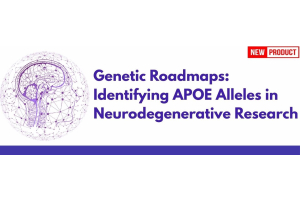Stem Cells
Stem cells play a vital role in biomedical research and regenerative medicine. In this section of our blog, we share updates on new findings, laboratory techniques, and practical applications of stem cell research.
Whether you’re a scientist, student, or enthusiast, you’ll find resources to deepen your understanding of stem cell biology and its role in advancing human health.
-
Posted: October 06, 2025Read more »
Highly bioactive, animal-free growth factors and cytokines for iPSC and ESC cell culture
Induced Pluripotent Stem Cells (iPSC) are a type of pluripotent stem cell derived from adult somatic cells such as skin cells or blood cells, through cellular reprogramming. Embryonic stem cells (ESC) are derived
-
Posted: September 29, 2025Read more »
When reliable, high-purity cells are essential, origin and quality matter. ScienCell offers two well-characterized Human Neural Crest Cell (NCC) lines from distinct stem cell sources for precision in disease modeling and tissue regeneration.
-
Posted: August 11, 2025Read more »
Human primary cardiomyocytes and cardiac tissue are invaluable for heart disease studies, drug discovery, and toxicity testing, often surpassing animal models or immortalized cell lines in relevance. However, obtaining adult human primary cardiomyocytes is challenging due to limited tissue availability,
-
Posted: June 09, 2025Read more »
Stem cells are multipotent cells with the ability to self-renew, self-replicate, and differentiate into multiple cell types, including mesenchymal stem cells (MSCs), hematopoietic stem cells (HSCs), neural stem cells (NSCs), embryonic stem cells (ESCs), and induced pluripotent stem cells (iPSCs). Remarkable
-
Posted: May 26, 2025Read more »
Why Choose Our MSCs? Our Mesenchymal Stem Cells are:
- Multipotent—capable of differentiating into a variety of lineages, such as osteoblasts, chondrocytes, endothelial cells, hepatocyte-like cells, and many more.
- Multiple organ systems—derived from adipose, liver, bone, and the umbilical cord, our MSCs

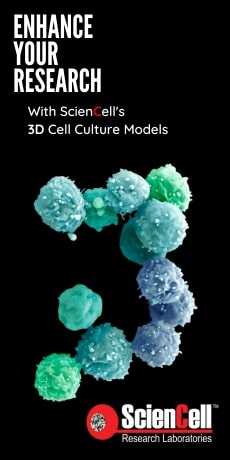



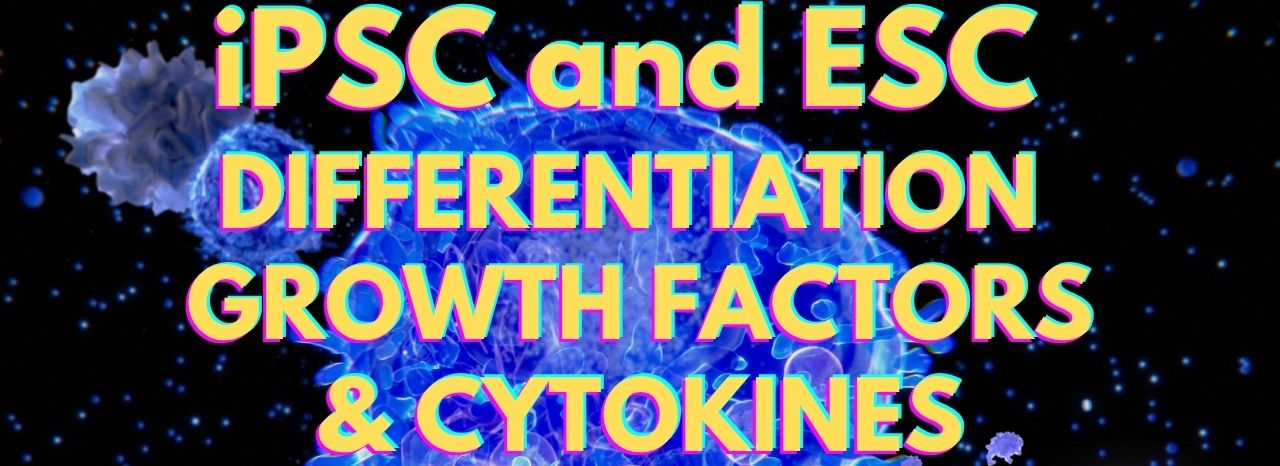
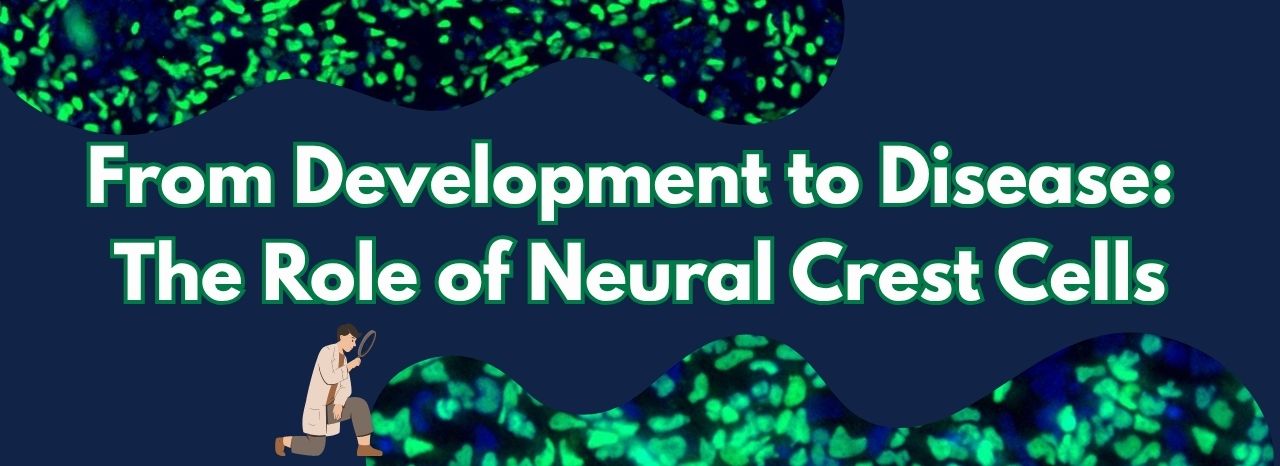
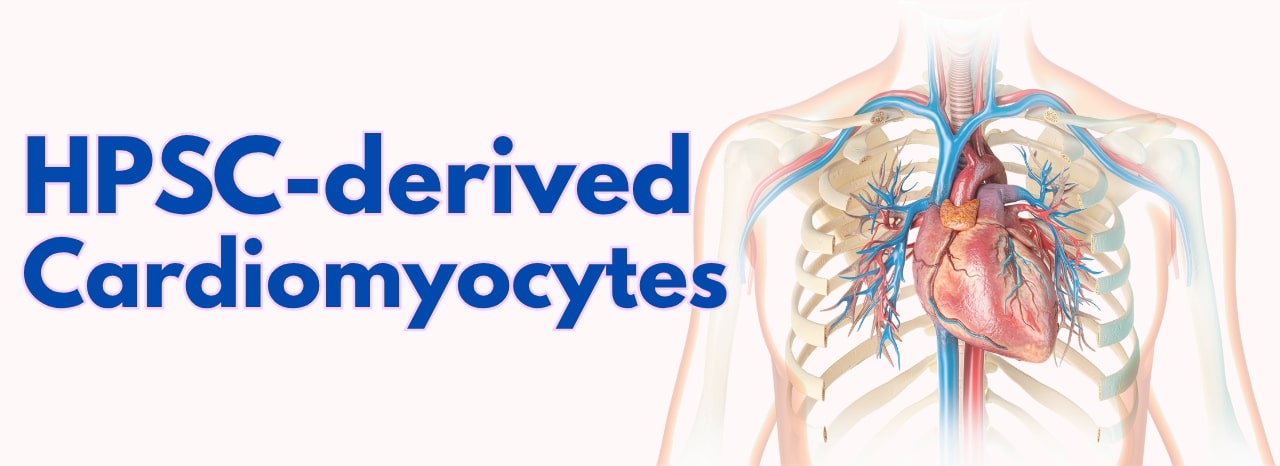
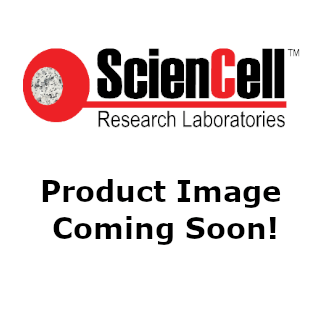.jpg)
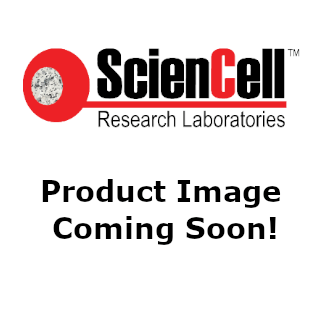.jpg)
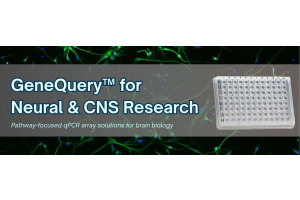
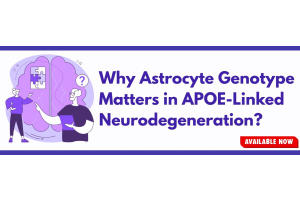
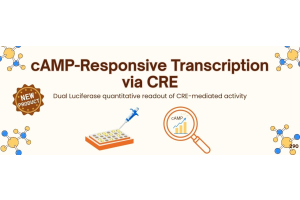
.png)
